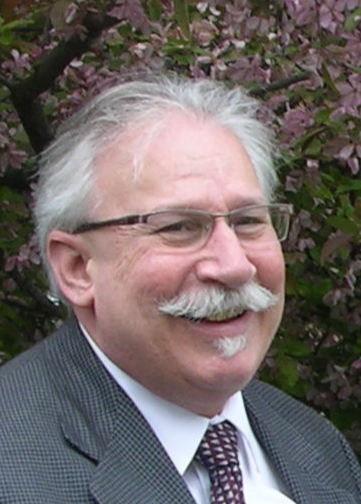(Article changed on March 22, 2013 at 16:25)
On December 25, 1783, Benjamin Franklin wrote a letter to Robert Morris, who, at the time, was the Financial Agent for the United States (a position that was the forerunner to Treasury secretary) and Director of the Bank of North America, which served the young nation's finances. The letter was a part of the correspondence between Franklin and Morris discussing the difficulty in getting the states to pay their share of federal obligations under the Articles of Confederation. I have excerpted this letter in comments on this site several times for its elegant justification of a citizen's obligation to pay their fair share of taxes, but recently came across a more complete example on a website featuring a book called "The Founders' Constitution," published by the University of Chicago Press. After sending this via e-mail to Rob Kall, who had previously expressed interest in the quotation, he invited me to post it as an article here on OpEdNews. Here is the passage contained on that website complete with its original spelling, abbreviation and syntax intact.
106139 The Good Doctor Franklin by El Bibliomata
Benjamin Franklin to Robert Morris
The Remissness of our People in Paying Taxes is highly blameable; the Unwillingness to pay them is still more so. I see, in some Resolutions of Town Meetings, a Remonstrance against giving Congress a Power to take, as they call it, the People's Money out of their Pockets, tho' only to pay the Interest and Principal of Debts duly contracted. They seem to mistake the Point. Money, justly due from the People, is their Creditors' Money, and no longer the Money of the People, who, if they withold it, should be compell'd to pay by some Law.
All Property, indeed, except the Savage's temporary Cabin, his Bow, his Matchcoat, and other little Acquisitions, absolutely necessary for his Subsistence, seems to me to be the Creature of public Convention. Hence the Public has the Right of Regulating Descents, and all other Conveyances of Property, and even of limiting the Quantity and the Uses of it. All the Property that is necessary to a Man, for the Conservation of the Individual and the Propagation of the Species, is his natural Right, which none can justly deprive him of: But all Property superfluous to such purposes is the Property of the Publick, who, by their Laws, have created it, and who may therefore by other Laws dispose of it, whenever the Welfare of the Publick shall demand such Disposition. He that does not like civil Society on these Terms, let him retire and live among Savages. He can have no right to the benefits of Society, who will not pay his Club towards the Support of it.
![]()
The Founders'
Constitution
Volume 1, Chapter 16, Document 12
click here
The University of Chicago Press






